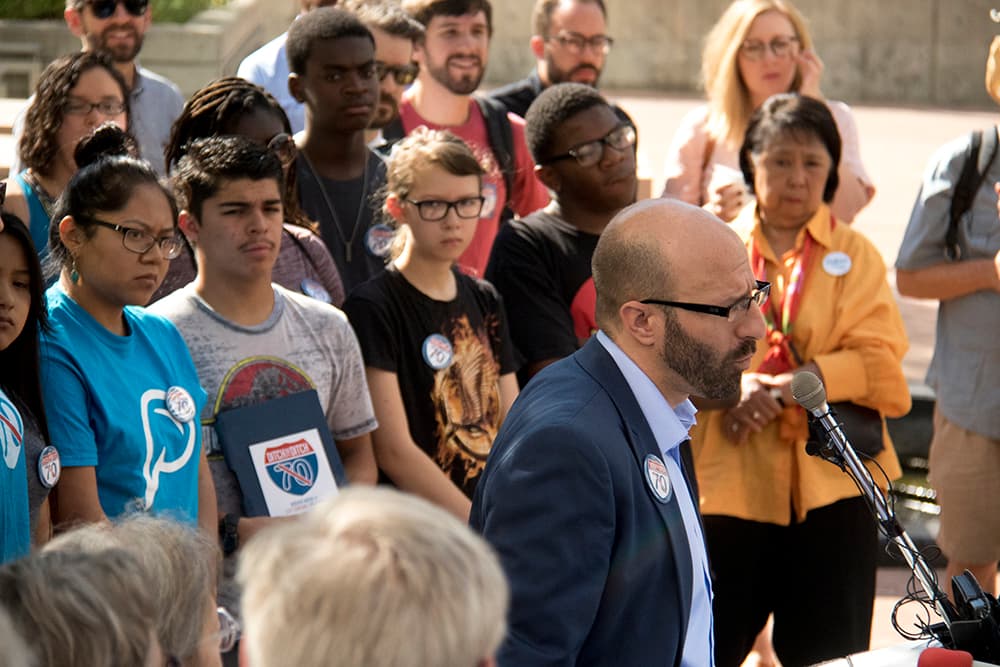
The individuals and community groups who are suing the Colorado Department of Transportation and the Federal Highway Administration over the I-70 expansion have filed a motion to bring the project to a halt while their lawsuit proceeds.
This was an anticipated step that attorneys for the plaintiffs said they would take when the lawsuit was announced this summer.
As legal experts explained earlier this year, the injunction can serve as a "rough test" of whether the court sees any merit to the lawsuits -- though it certainly doesn't mean the plaintiffs will prevail. Stopping a major highway project that is already moving forward and that has gone through more than a decade of regulatory review is no small matter, so a judge would be unlikely to grant an injunction if she felt the lawsuit lacked any substance.
CDOT will have a chance to respond with its own motion explaining why the project should proceed, and there could be a hearing on the injunction request.
Aaron Goldhamer, an attorney for the plaintiffs, said an injunction could also affect CDOT's ability to comply with its side of an intergovernmental agreement to pay for part of the Platte to Park Hill flood control project. His clients wouldn't be sorry if that meant the city abandoned the project.
This lawsuit takes aim at the connection between the Platte to Park Hill flood control project and I-7o. The plaintiffs claim the environmental impact analysis for the highway did not fully take into account either the effects of tunneling through a Superfund site or the relationship between the highway expansion and the Platte to Park Hill flood control project.
City officials have maintained they have their own reasons for pursuing the flood control project, which will also protect areas north of the highway that are expected to be redeveloped in the near future. They say it just makes sense to coordinate the project with CDOT's plans.
Goldhamer is also the attorney in a separate case in which Denver residents sued the city over plans to use City Park Golf Course for stormwater center. A decision in that case is pending.













